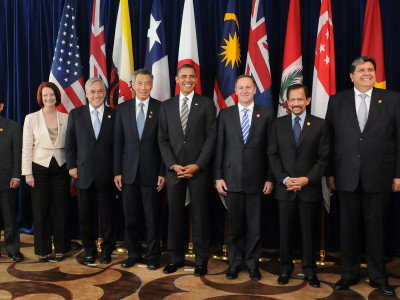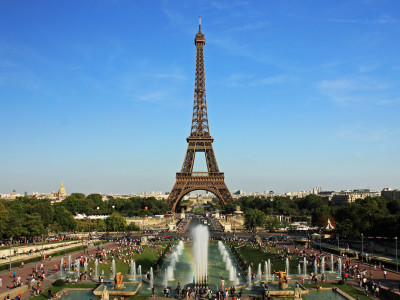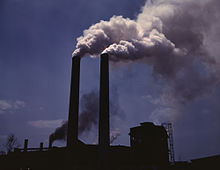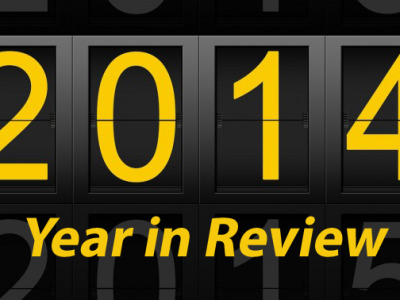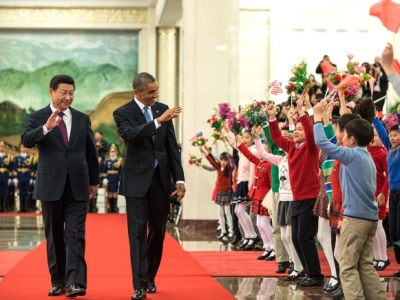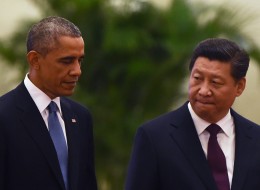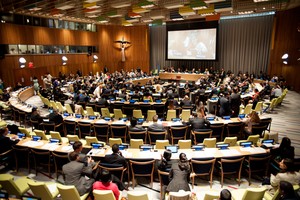China
TPP or not TPP? Understanding the Environmental Debate over the Trans-Pacific Partnership Trade Agreement
The Obama administration recently notified Congress of its intent to sign the Trans-Pacific Partnership trade agreement (TPP) and released the text to the public. The TPP has proven extraordinarily contentious, splintering political party lines, with likely more Republicans supporting the agreement than Democrats, and dividing environmental groups, as well, with the Sierra Club, Greenpeace and NRDC opposed …
CONTINUE READINGPromises to Keep
In the run-up to the Paris talks, the major economies have all pledged carbon reductions.
With Saudia Arabia’s pledge last week to cut emission, all of the world’s major economies are now on board. In a nutshell, here is what they are promising. Except as noted, the target dates are all 2030. A number of countries have subsidiary promises in terms of percentage of renewable energy or of bigger cuts premised …
Continue reading “Promises to Keep”
CONTINUE READINGNews from a Warming World
Coal versus wind power; China’s air; poll results; Ted Cruz; arctic ice.
There’s been a lot of interesting environmental news recently, much of which seems to have gotten little notice. The topics range from U.S. wind power (growing) to U.S. coal power and Arctic sea ice (both shrinking), with a bit of Ted Cruz to spice things up. Here’s the round-up: Out with coal, in with wind. The …
Continue reading “News from a Warming World”
CONTINUE READINGOn China’s Remarkable Viral Air Pollution Video
Can 200 million viewers (and counting) be wrong?
Last Saturday evening, my research assistant (a wonderful JD student raised and educated in China) sent me a message: “This is a link to a documentary directed by Chai Jing (柴静). It has raised public concern about air pollution.” In perhaps the understatement of the year, she added: “Many Chinese people have been watching it.” …
Continue reading “On China’s Remarkable Viral Air Pollution Video”
CONTINUE READINGKiller Coal
Black lung has been the underlying or contributing cause of death for more than 75,000 coal miners since 1968, according to NIOSH, the federal agency responsible for conducting research on work-related diseases and injuries. Since 1970, the Department of Labor has paid over $44 billion in benefits to miners totally disabled by respiratory diseases (or …
Continue reading “Killer Coal”
CONTINUE READING2014: Happy Endings & Promising Starts
In most ways, 2014 was a good year for environmental protection, with progress on several fronts. True, there are warning signs for 2015 — primarily the Republican sweep of the mid-terms and the Supreme Court’s puzzling decision to review toxics regulations for coal-fired power plants. And of course, there were losses as well as victories, …
Continue reading “2014: Happy Endings & Promising Starts”
CONTINUE READINGMore Thoughts on the US-China Climate Announcement
Ann Carlson and I talk with the New York Times on US politics, Chinese implementation, and the potential impact on India.
Ann Carlson and I talked with Edward Wong from the New York Times last week about the US-China Climate Announcement. We repost the Q&A here. From Edward Wong, NYT: The biggest commitments to come out of President Obama’s recent visit to China involved climate change policy. The leaders of the two nations stood beside each …
Continue reading “More Thoughts on the US-China Climate Announcement”
CONTINUE READINGU.S.-China Climate Pact and Domestic Politics
Alex Wang and I Consider the Domestic Ramifications in Both the U.S. and China
The news from Beijing this week that the U.S. and China are committing to ambitious goals on climate change is, we think, monumental. No two countries are more important to tackling the problem than the largest carbon emitter over the past two centuries, the U.S., and the largest current emitter, China. While many observers are …
Continue reading “U.S.-China Climate Pact and Domestic Politics”
CONTINUE READINGA Ray of Hope [Breaking News]
President Obama and Chinese President Xi Jinping announced a major deal on climate change this morning. As summarized by the Washington Post, China, the world’s biggest emitter of greenhouse gases, pledged in the far-reaching agreement to cap its rapidly growing carbon emissions by 2030, or earlier if possible. It also set a daunting goal of …
Continue reading “A Ray of Hope [Breaking News]”
CONTINUE READINGDo EPA’s Carbon Emissions Rules Point to a New Climate Treaty? Nope.
The Future Global Climate Regime Will Not Rely on an International Accord
The irrepressible Jonathan Chait continues to do what he does best: shredding the GOP’s neanderthal nihilism on climate (or as Andrew Sullivan notes, the Republican Party has become “a reckless, know-nothing, post-modern fantasy machine.”). But Chait makes one big leap of logic that should actually be scotched. Chait points out that contrary to conservative predictions that …
Continue reading “Do EPA’s Carbon Emissions Rules Point to a New Climate Treaty? Nope.”
CONTINUE READING



